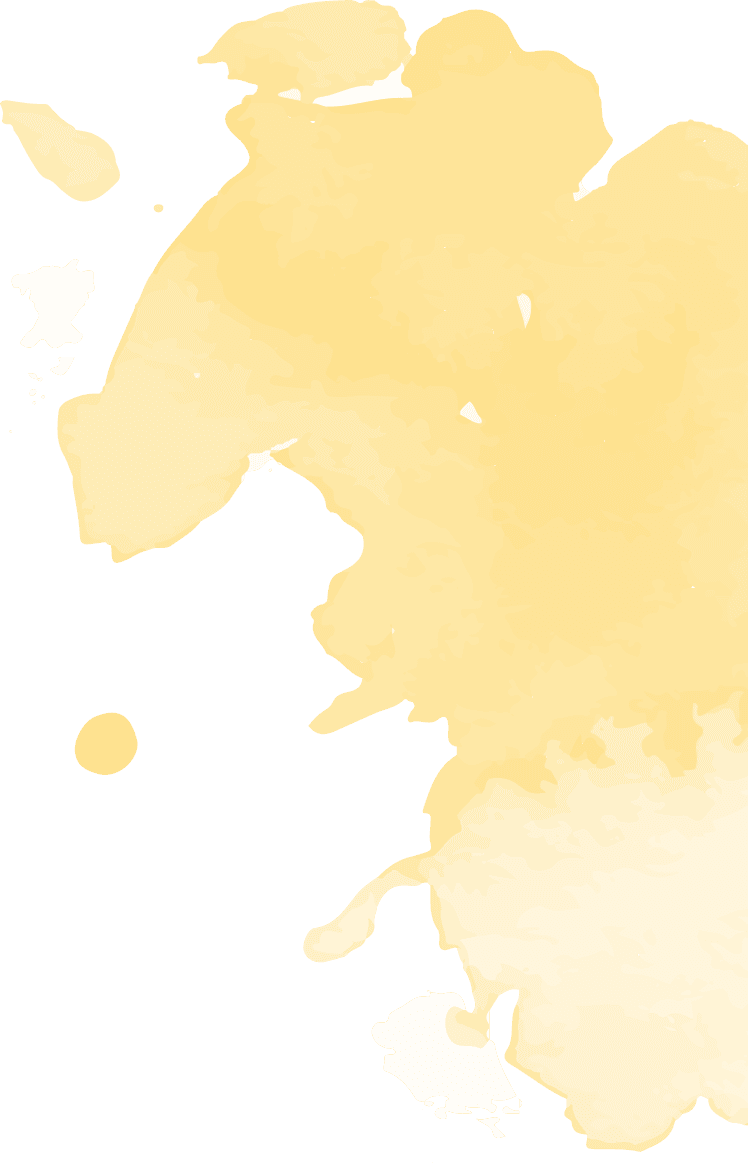
Two Wings
Agroforestry, Food Sovereignty & Reforestation (Completed)
Colombia



Abstract
This note will discuss the need to support FUNDAEC programs in Colombia. For this purpose, it will briefly look into the situation of Colombia and the available opportunities for progress. FUNDAEC Foundation has years of experiences in developing education programs and also experiences in the field of planting trees and contribution to the betterment of the Colombians’ lives and sustainable development of their communities. To multiply the number of people involved and serve more population, additional financial resources are required.
Current Situation in Colombia
Colombia with about 50 million population, is endowed with rich natural resources such as petroleum, coal, gold, coffee and a fertile soil (1). It is the second most biodiverse country in the world with 52% of its territory covered by forests (2).
It is a regret that despite all these potentials, Colombia loses more than 2,000 km2 of its forests annually to deforestation (3). Besides, 4.5 million Colombians are severely food insecure (4). The combination of these two factors, create a vicious cycle in which deforestation triggers climate change which in turn declines the food production of existing farmlands and finally forces farmers to cut more trees (5).
Program Objectives
Sustainable development programs that focus on participation of local communities in Colombia, have been successful in environmental protection and reduction of hunger crisis.
FUNDAEC has developed the SAT program which has educated practical services to communities in Colombia and enabled them to improve their well-being and financial resources.
FUNDAEC’s “Planting Tree” program is focused on reforestation (agroforestry) and food sovereignty within the country. Local farmers are motivated to participate in the program to socially respond to environment, enhance productivity and food security, increase income, strengthen the bonds in community (especially by exchanging crops and ideas), and get support with saplings, seed banks, labors, fertilizer and nurseries.
To facilitate the process, TwoWings will financially support the tree planting and local food production program to multiply the number of trees and plots planted. The aim is specifically to increase the number of small projects - not their sizes - to avoid mono-cultures that have multiple disadvantages for the environment.
Urban Gardening and Agroforestry in Colombia
The program includes two parts: Urban Gardening and Small Agroforestry. In urban gardening, people use public spaces or their balconies, yards, or mini-farms to produce diverse crops to meet the needs of themselves and the local population, and sell or exchange them with others. The TwoWings Fund for Agroforestry will support the purchase of seeds and supply fertilizers and pest controls to help with growth and maintenance of the seedlings in Colombia.
Likewise, the small agroforestry program in Colombia includes providing saplings of regional fruit and non-fruit trees for food and income generation purposes and also preserving the natural environment. In addition, the participants are educated on how to plant saplings and care for the trees within their house gardens or mini-farms.
Workshops for the knowledge and skills of growing crops and trees are offered also to families. In addition, their precious experiences are shared with others in workshops and discussion groups.
Colombia Can Have a More Promising Future
Due to the fertile soil and encouraging results achieved through this program, expanding the number of urban gardens and small agroforests seem highly attainable. By donating €30 per tree, anyone can join us in making a positive change in Colombia because the “Planting Trees” program provides not only food security, financial support and several job opportunities, but it also helps solving environmental challenges and protecting natural resources of the region.
“The continued existence of wildlife and wilderness is important to the quality of life of humans.” Jim Fowler
This note was prepared by a protagonist team of TwoWings Foundation for agroforestry supporting the prosperity of communities in November 2021.

